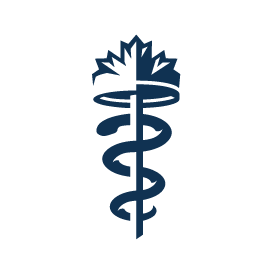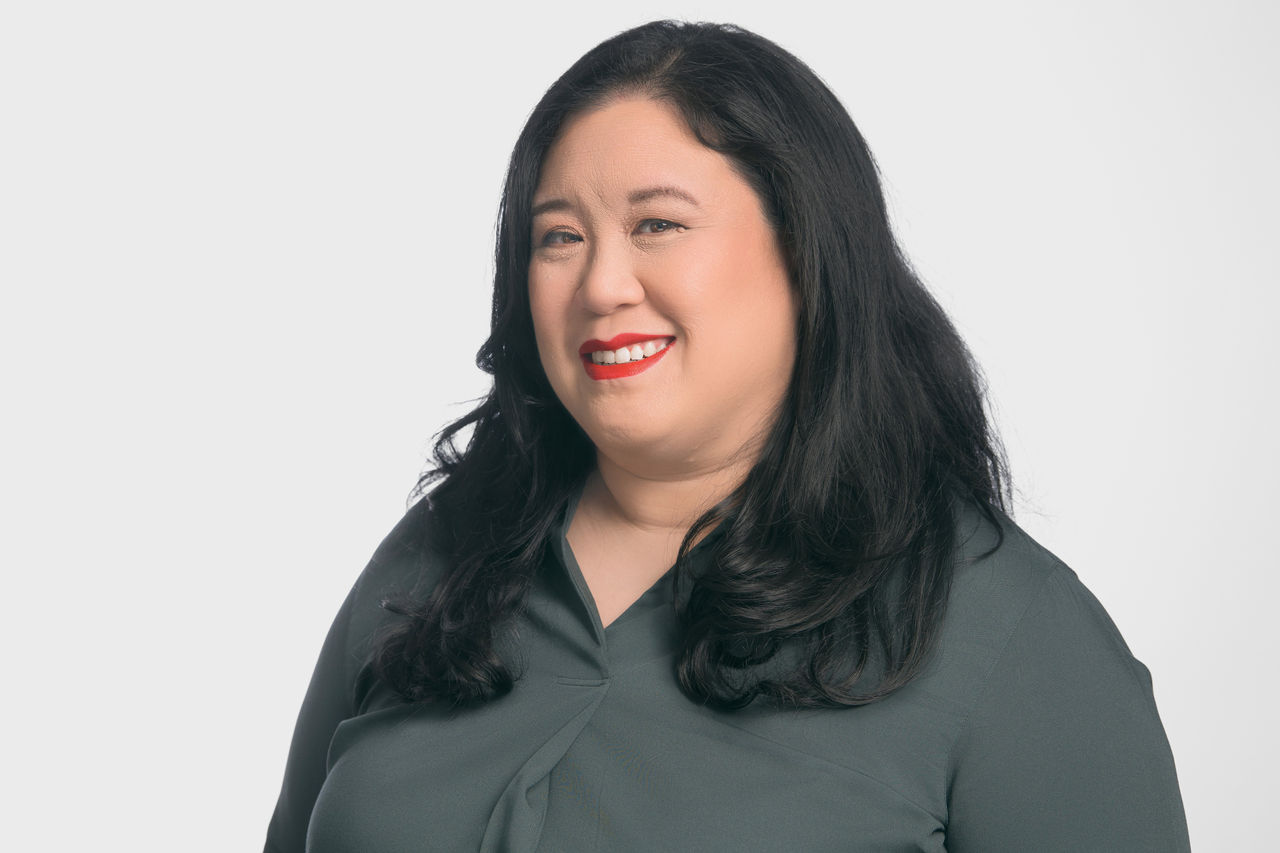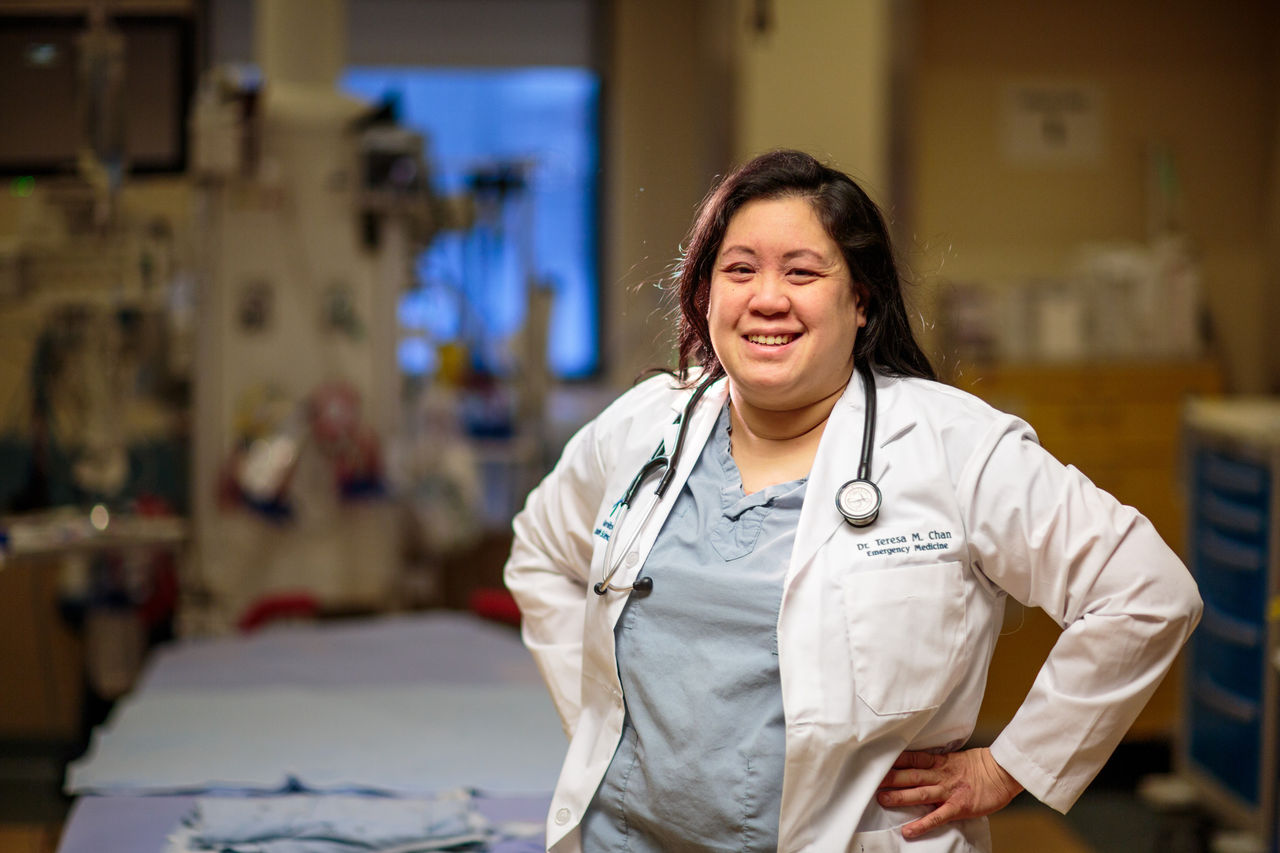Menu
Leading the way: Dr. Teresa Chan shares the unique challenges and opportunities of a founding dean

March 8, 2024
| Author: Royal College Staff
 5 MIN READ
5 MIN READ
Emergency physician. Medical education leader. Associate dean. And now, founding dean. Teresa Chan, MD, FRCPC, DRCPSC, is well-known in the medical education community and her contributions are countless. The ones she’s most proud of? Creating platforms for others to learn, grow and shine.
In July 2023, Dr. Chan was appointed founding dean and vice-president, Medical Affairs, of the Toronto Metropolitan University (TMU) School of Medicine. She joined TMU from McMaster University where she served as associate dean, Continuing Professional Development, and associate professor, Division of Emergency Medicine, Department of Medicine in the Faculty of Health Science. A practising emergency physician with Hamilton Health Sciences since 2013, Dr. Chan was also a clinician scientist with McMaster Education, Research, Innovation and Theory (MERIT).
Eight months into her newest role, Dr. Chan shares insights on the most pressing issues in medical education, her priorities as TMU’s founding dean, and a few evidence-based tips for women physicians aspiring to leadership roles.

Dr. Teresa Chan, MD, FRCPC, DRCPSC (submitted photo)
1. In 2021, you received the Royal College’s Early-Career Leadership in Medical Education / Continuing Professional Development Award. What has changed across the medical education landscape since then? What are the most important issues?
In 2021, we were in the midst of a global pandemic. Many of us were fighting COVID-19 on the front lines, spending spare time in vaccine clinics, working from home, and trying to stay connected to loved ones through lockdowns and social distancing. Today, the cracks and chasms in our health care systems, which were strained before COVID, are more evident than ever – and physician fatigue and burnout are at an all-time high as a result.
When I consider medical education in this context, two main priorities emerge: systems innovation and personal support. While, as clinicians, it is instinctive for us to help our colleagues and learners individually, it is crucial that we consider how we can foster systems solutions through academia. We must harness technology to lighten the load for physicians. We must adapt our systems to better support clinicians nearing retirement so that their transition from practice does not disadvantage patients. And ultimately, we must innovate to make the changes needed to allow trainees and physicians to thrive.
2. Your contributions to medical education are countless. Which ones are you most proud of and why?
I am indebted to those who have done great work in medical education before me and I am proud of the work I have done to “pay it forward” by creating platforms for others to learn, grow and shine. This includes kickstarting research groups like the METRIQ study, TEaCH hub, or the GAMER (Games As Medical Education Research) lab. Or, helping to found and foster open access education groups like CanadiEM.org or ALiEM.com, including their fellowship, mentorship and incubator programs.
Now, as dean of a new school of medicine at TMU, I am part of an amazing team that is creating the ultimate platform for fostering others. The chance to create a vibrant ecosystem made up of faculty, learners and staff and supported by an institution that seeks to make change and break down barriers is truly a once-in-a-lifetime opportunity.
3. Of these same contributions and accomplishments, which ones were the most challenging and why?
The building of Canada’s 18th medical school, with the aim to launch both postgraduate and undergraduate medical education in 2025, is a very complex undertaking and certainly the most challenging project for all of us on the TMU team. I am so grateful for the amazing colleagues from all over the country who are supporting the foundation of this medical school.

Dr. Teresa Chan is the founding dean of Canada’s 18th medical school, the Toronto Metropolitan University School of Medicine (submitted photo)
4. What are you most looking forward to in your new role of founding dean of the TMU School of Medicine? What are your priorities?
Well, since I started in July 2023, it has been less about looking forward and more about putting my head down and working. My priorities are the same as those set forth by the community and the broader TMU team.
Five pillars, developed in consultation with the community, underpin the school’s work:
- community-centred primary care and the social determinants of health;
- providing culturally respectful care to diverse communities;
- the use of innovation and technology to improve quality of care and patient outcomes;
- support for the health and well-being of seniors as our population becomes older; and
- equipping physicians with the skills to develop interprofessional health care networks to achieve better outcomes for patients.
We are also now recruiting the founding clinical faculty members who will co-create and populate many of the structures we need to build a successful medical school. It is very exciting to be part of the interview process and hear the enthusiasm so many physicians have for being a part of our new school.
5. What are some of the unique challenges and opportunities of being a founding dean?
Being a dean is a hard job and the reality is that being a founding dean is even more challenging in many ways because there’s a lot to set up and build – from hiring team members to establishing policies and procedures, the sheer volume of work that needs to be done is monumental.
However, this work is also one of the greatest opportunities for a founding team member, and this is something I try to keep top of mind for the entire decanal and staff team. We get to take a step back, read the literature, talk to colleagues and challenge the status quo. We get to build equity into the school’s foundations. For instance, rather than renovating an existing curriculum with an equity lens, we can develop all of our materials – from case-based learning modules to anatomy diagrams – to reflect the diversity of the communities our school will serve.
6. What advice would you offer to women physicians aspiring to leadership roles or looking to advance in medical education?
As of February 2024, for the first time ever in Ontario, there are more women deans than men… but this should not be the last time. One of the research teams, led by Dr. Melissa Parsons, that I have been engaged with has been exploring this topic, so I’ll share some evidence-based tips:
Seek to span boundaries
- Create a diverse social network of those who may not be geographically near you, but share similar niches, passions, vision, or values.
Find a way to be “sticky”
- Once you reach out, maintain those relationships and collaborations. This takes effort, but the more you put into your relationships, the more you’ll get out of them.
Find ways to make your life more efficient
Be creative in finding new ways to align your passions with your work. For example, I am a big board game nerd, so I created a serious board game called GridlockED when knowledge translating my thesis. I have since conducted more research and scholarship aligned with the game, so this was a way for me to be efficient while having fun.
Build both trust and energy
- Define your purpose and build on your relationships and collaborations by actively working to create a safe space. Ensure that you personally act with honesty and integrity and create a trustworthy brand for yourself so people want to work with you.